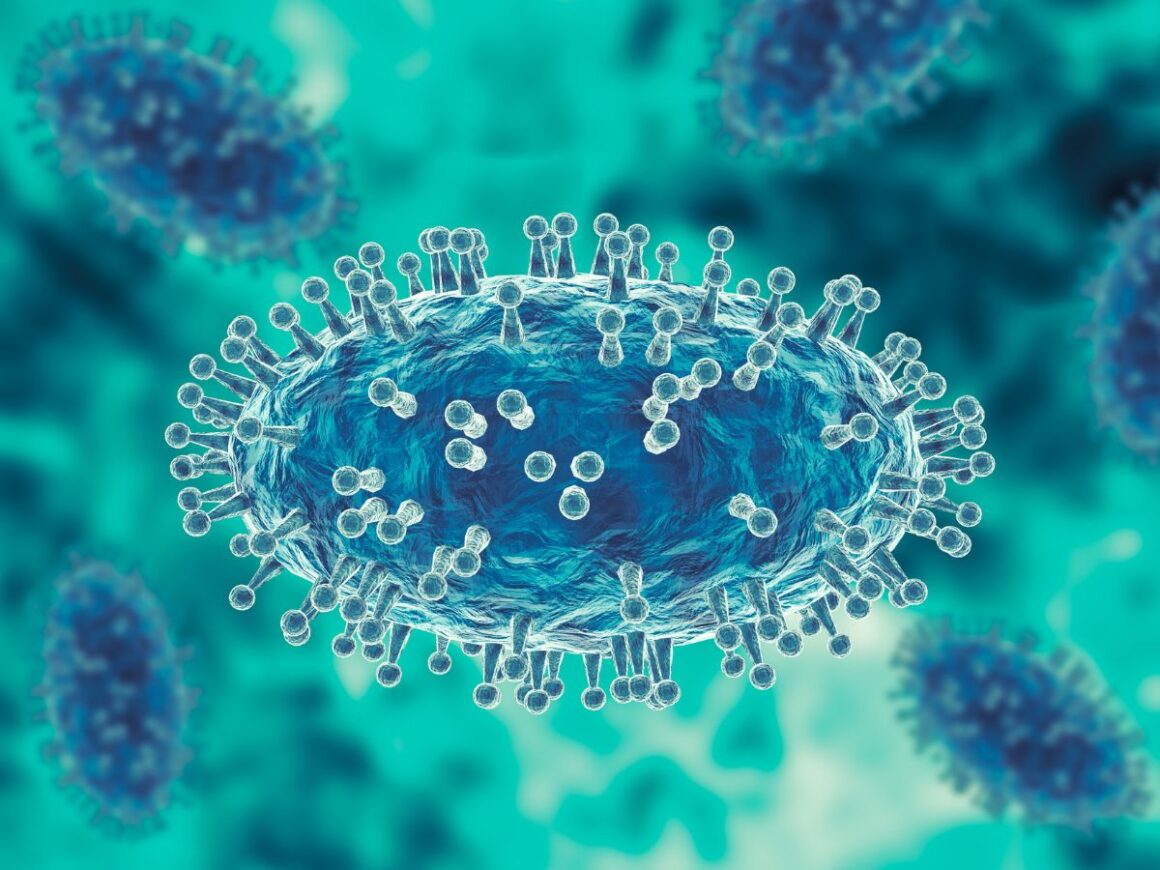The rare brain infection known as amoebic meningoencephalitis, which is brought on by a “brain-eating amoeba” that is present in contaminated waters, has been positively diagnosed in a 12-year-old boy from Kozhikode. Days after a 13-year-old girl in Kannur passed away from the deadly infection, there have been three cases reported in Kerala since May of this year.
Doctors at Hospital, where the 12-year-old is receiving treatment, believe that the free-living amoeba, which is known to live in contaminated water bodies, likely, infected him after he bathed in a pond near his home.
According to a senior physician treating the boy, the infection was discovered and treatment started that same day.
The doctor stated, “We detected the infection in tests conducted at our labs and notified the DMO, who took preventive action by blocking access to the pond where the child had bathed.”
The boy’s samples were sent to a lab in Puducherry for testing, according to the doctors, and they are waiting on a printed PCR report from them officially confirming the infection. They also stated that the boy is still in critical condition because the infection has a 95–100% fatality rate.
Even though it’s a rare disease, they said that protocols are in place to handle such cases, and treatment is initiated as soon as a diagnosis is made.
Since May of this year, the southern state has reported three cases of the almost fatal infection.
The first known victim of the rare disease was a five-year-old girl from Malappuram who passed away on May 21. A 13-year-old from Kannur also contracted the fatal infection a month later and passed away on June 25.
The infection is brought on by free-living, non-parasitic amoebae bacteria that enter the body through the nose from contaminated water, according to medical experts.
The Kerala Health Department advised people on Thursday to avoid bathing in pools of stagnant water, as these are the habitat of amoebae, and to take precautions against amoebic meningoencephalitis.
Diving into water and bathing in stagnant water should be avoided as much as possible because Kerala has reported cases of this illness. To guarantee cleanliness, water in swimming pools and theme parks needs to be adequately chlorinated, according to the statement. Fever, headache, vomiting, and seizures are the primary signs and symptoms of the illness.

